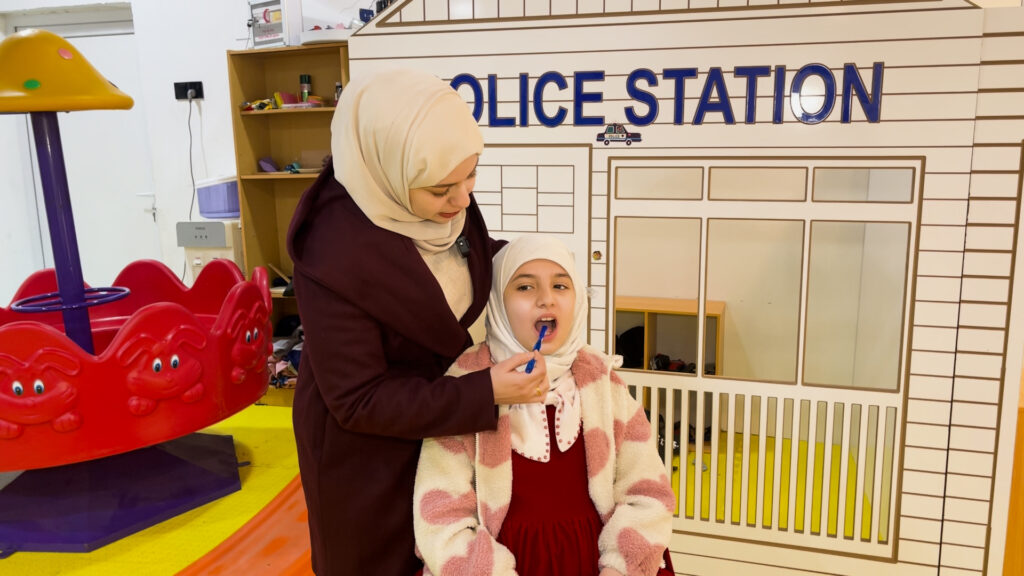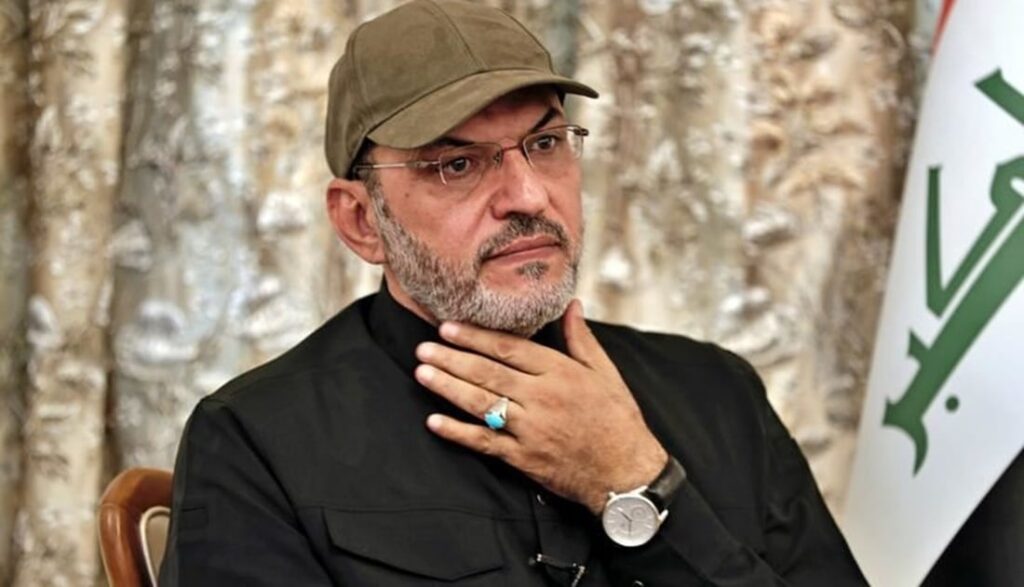Kurdistan ends unpopular austerity measure, will pay public salaries 'in full'

ERBIL (Kurdistan 24) – The Kurdistan Regional Government (KRG) on Friday terminated an unpopular policy which reduced the salaries of public servants as part of austerity measures it employed in early 2016 to combat the region's financial difficulties.
The decision came during a meeting between members of the KRG's Council of Ministers and was announced later during a press conference by Prime Minister Nechirvan Barzani.
"Salaries will be distributed in full from this month onward without reductions," Barzani said during the briefing. The "Salary Reduction Resolution" was first enacted in early February 2016 amid severe financial shortcomings.
As a result, public servants received pay cuts that amounted from around 30 to 70 percent of their original salaries, depending on their original salary level.
With the region's economy improving, the KRG amended the ruling in March 2018, ending salary cuts entirely to low-wage-earners and reducing cuts to higher income persons. There are also two months worth of payment backlogs as of 2019, meaning that salaries which state employees are scheduled to receive for February would be remittances for December.
The policy contributed to lower household incomes regionwide and lead to multiple demonstrations across all three provinces of Erbil, Sulaimani, and Duhok, with protesters calling for an end to the measures.
Now, as the PM has previously stated, with the economy heading for recovery and factors that contributed to its decline seemingly dwindling, the government is finally able to pay its employees what it owes them.
During the press conference, Barzani expressed the administration's gratitude toward all public workers, including teachers, doctors, police, and Peshmerga, for their resilience during the hard times the region went through. He added that the main reasons for cutting salaries were federal budget cuts by Baghdad in 2014, the drop of oil prices internationally, the war against the Islamic State, and the sudden influx of over a million refugees and internally displaced persons (IDPs).
"We hope that we can reach a positive conclusion with Baghdad in our talks, and the people of the Kurdistan Region don't pay the toll for any political disputes with Baghdad," stated Barzani.
Relations between the central government in Baghdad and the KRG reached a near-total breakdown in late 2017 after the region's vote for independence from Iraq. Following this, both sides worked to hash out differences, a process which accelerated after a new Iraqi prime minister took his post in early October.
"I thank Prime Minister Dr. Adil Abdul-Mahdi for his excellency's understanding on this matter and efforts to resolve the issue," the KRG PM said. He also thanked Finance Minister Fuad Hussein and Kurdish lawmakers in Baghdad for their concerted efforts to address the region's concerns in the Iraqi capital.
Editing by John J. Catherine


